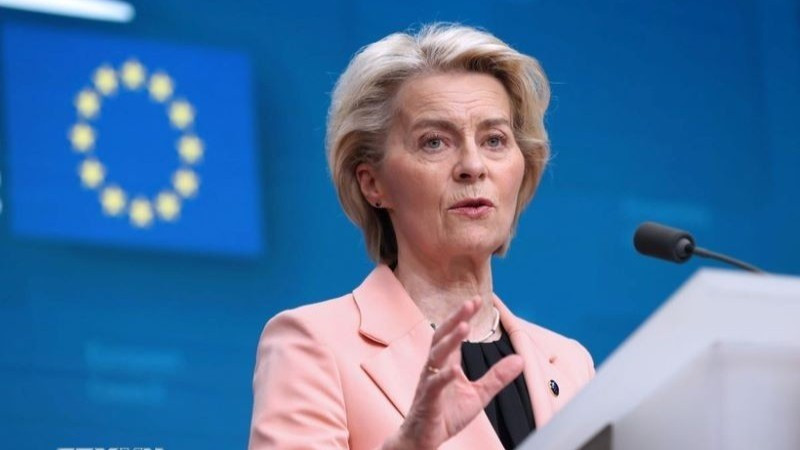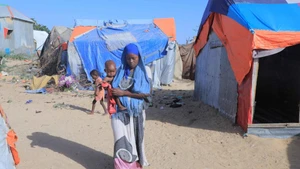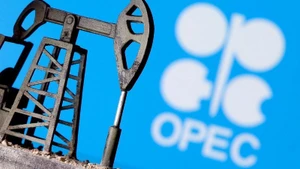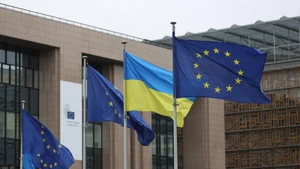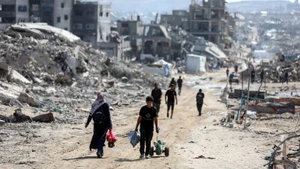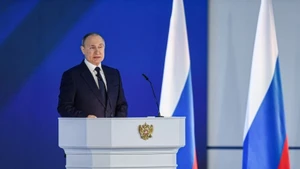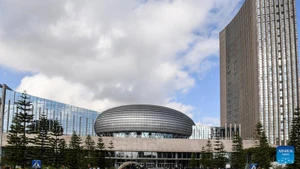However, amid mounting challenges, realising these ambitious commitments will require considerable effort and unity among member states.
The declaration of the EU’s aspiration and determination for autonomy runs throughout the address, delivered by President von der Leyen at the European Parliament headquarters in Strasbourg, France.
She emphasised the desire to strengthen the bloc’s internal resilience across multiple areas, ranging from security and defence to economic, social, health, and technological sectors.
In the context of growing security threats related to the situation in Ukraine, the EC President presented the Readiness 2030 programme, which could unlock up to 800 billion EUR of defence investment.
The EU also reaffirmed its support for Ukraine, including the establishment of a Drone Alliance alongside the Eastern European country.
In the context of growing security threats related to the situation in Ukraine, the EC President presented the Readiness 2030 programme, which could unlock up to 800 billion EUR of defence investment.
Other notable initiatives introduced include the creation of the multi-billion EUR Scaleup Europe Fund to support business development; the launch of the Global Health Resilience Initiative aimed at reinforcing the Union’s role in healthcare. The Commission also unveiled legislation on cloud computing and artificial intelligence to prevent the bloc from falling behind in the technological race.
Despite these pledges to strengthen the EU’s pioneering and leadership position, significant scepticism remains about whether Brussels can avoid a “powerless” situation given its limited financial capacity, deep internal divisions, and growing external pressures.
The conflict in Ukraine has entered its fourth year, heavily impacting Europe’s political and security landscape.
Differences among EU member states in managing the conflict pose a challenge to internal cohesion.
Divisions are particularly evident regarding plans to ensure post-conflict security for Ukraine. Not all EU countries are willing to deploy troops to Ukraine.
The conflict has imposed enormous costs on Europe. Between 2022 and 2024, EU member states and the European Commission provided nearly 122 billion USD in aid to Ukraine. A significant portion of EU citizens also oppose troop deployments.
The complex relationship with the transatlantic ally, the US, particularly following Donald Trump’s second presidential term, presents further difficulties for the Union.
Tensions surfaced over trade, defence spending, and the Ukraine issue. A trade agreement was reached between the US and EU at the end of July 2025, whereby Washington imposed a 15% tariff on imports from the 27 EU countries, and Brussels committed to purchasing energy products from the US.
The world is looking to Europe, and Europe is ready to lead.
European Commission President Ursula von der Leyen
Many view this agreement as a major concession by Brussels. Regarding Ukraine, recent US statements indicate Washington expects Europe to bear the bulk of the security burden for Ukraine.
The EU is also falling behind in the technology race compared with major powers such as the US and China. This is unfortunate, as Brussels had early visions of technological waves and served as a model for other regions worldwide in developing legal frameworks for the tech sector.
A core reason is the lack of sufficient investment capital amid severe financial pressures in Europe.
Before the European Parliament, President von der Leyen declared, “The world is looking to Europe, and Europe is ready to lead.”
The State of the Union message reflected Brussels’ aspiration for autonomy and to consolidate its position on the international stage, although turning these initiatives into reality will demand unity and sustained effort from all member states.
